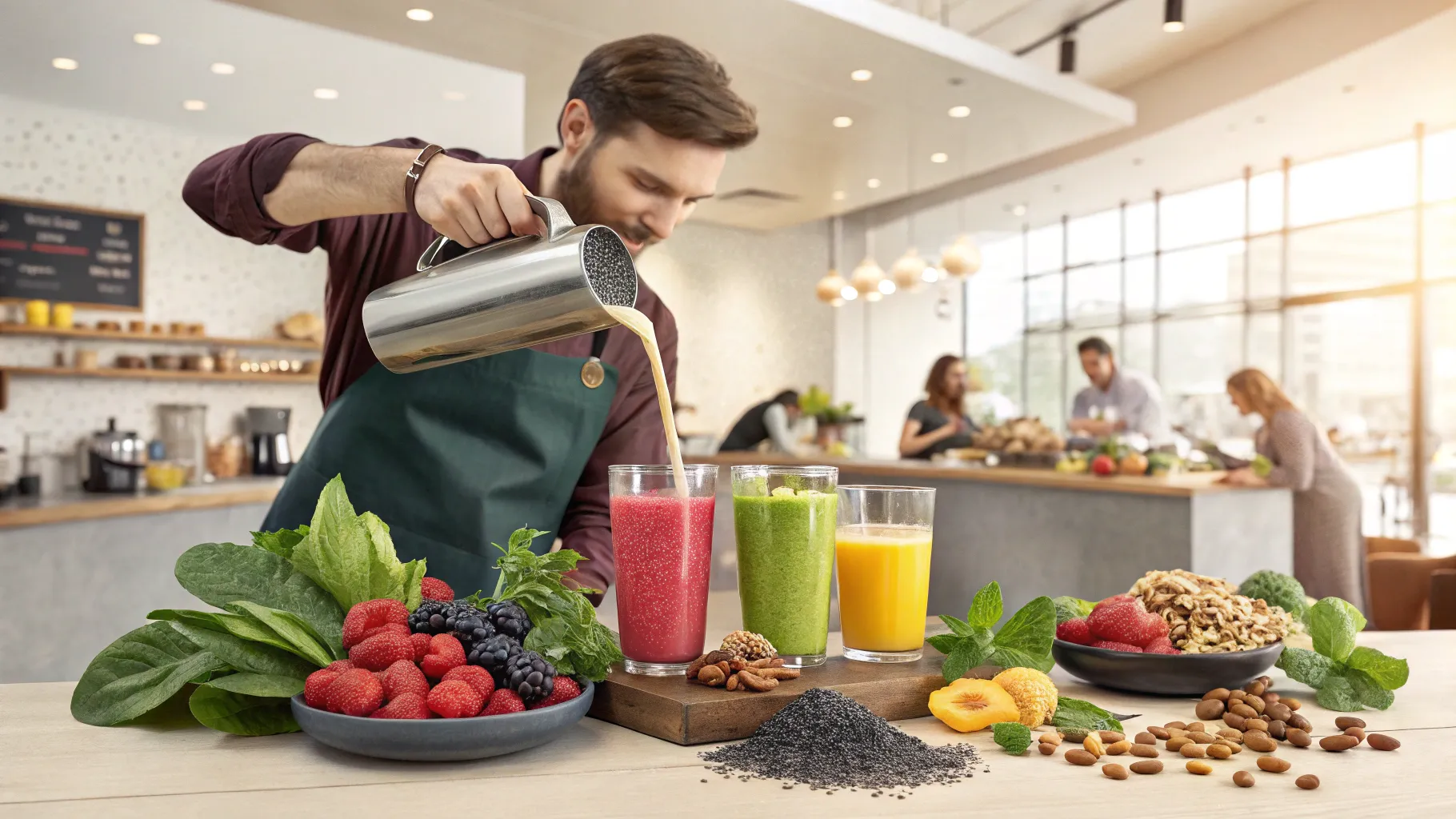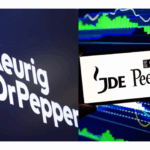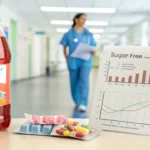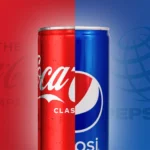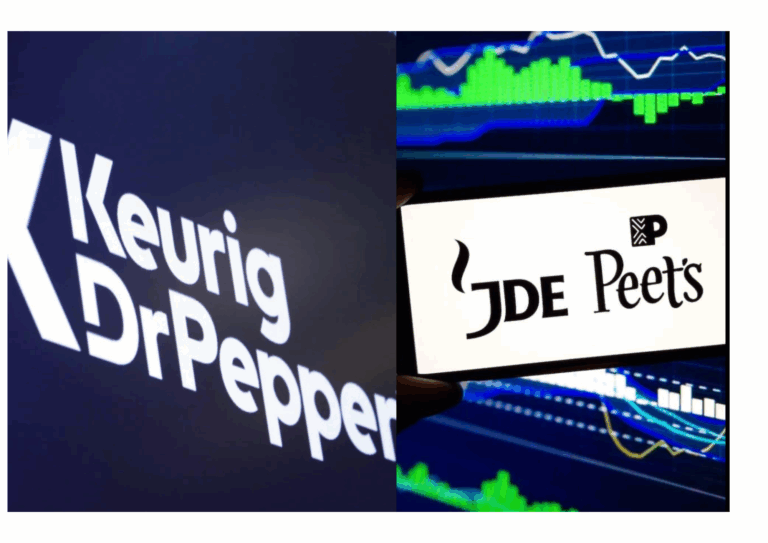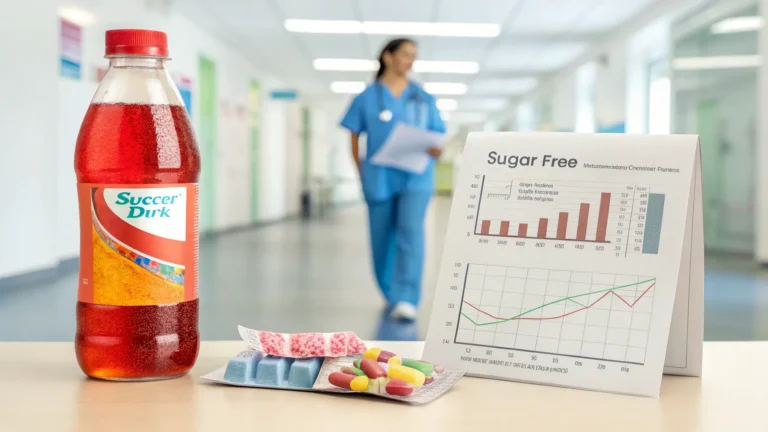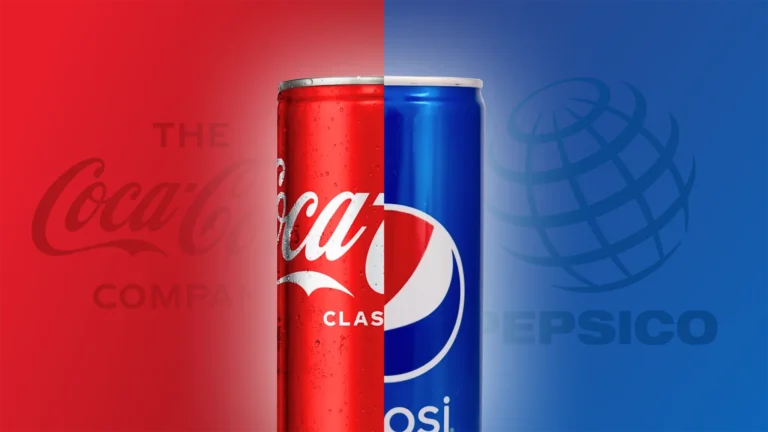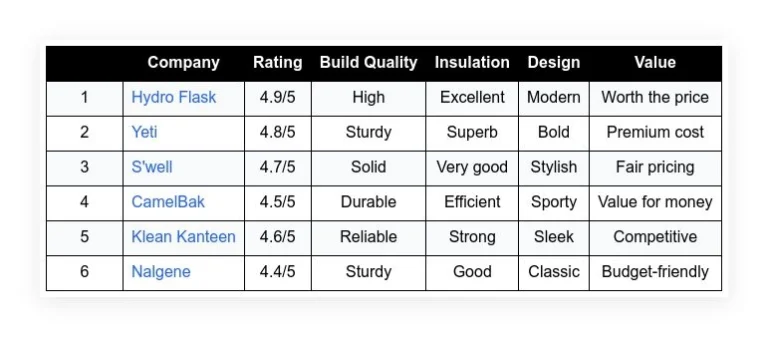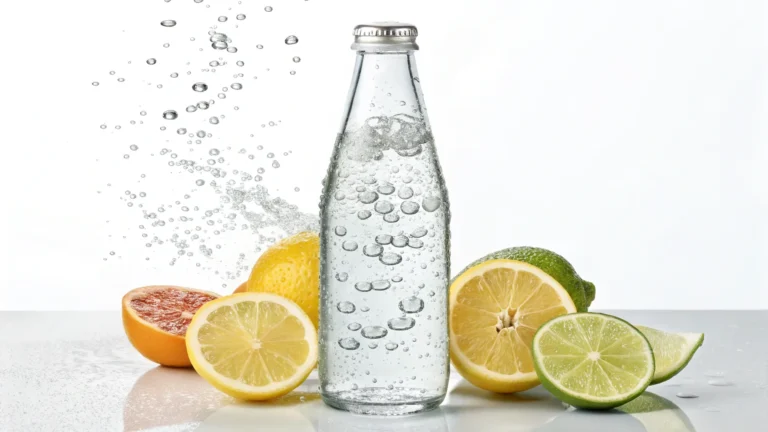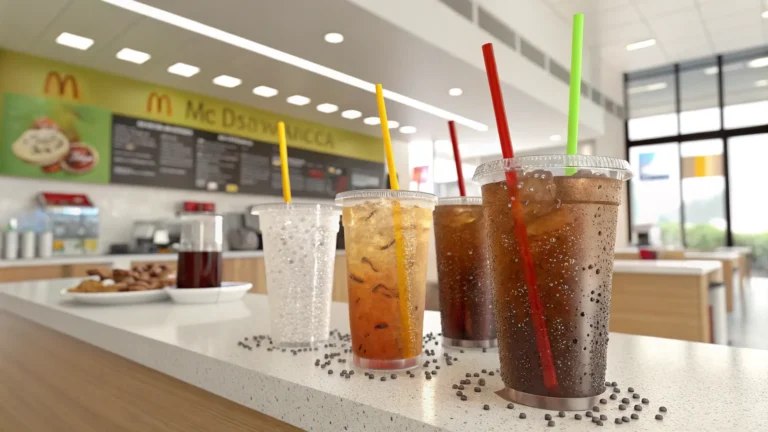Recently, I attended a discussion that shed light on a significant shift in the beverage market. The conversation focused on how functional ingredients are reshaping the drinks we enjoy every day. Key market figures like Gen Z are changing preferences away from old options toward beverages that promise health and convenience, without sacrificing taste.
A New Era in Beverages
The beverage industry is experiencing a change. Modern consumers value drinks that support well-being while offering taste and ease. The conversation addressed how bioactive and clean ingredients are fueling this evolution. It seems today’s consumers want more from their beverages. They expect ingredients that work and labels that reflect genuine simplicity.
This transformation is not just about taste. The discussion shared insights on the balance between function and flavor, telling us that products can now address hydration, energy, mood, cognitive function, and digestive health all at once. The offerings have extended far past traditional beverages that once only focused on quenching thirst.
Trends Driving Beverage Innovation
One of the major points of conversation was the growing influence of younger consumers, particularly those from Generation Z. This group is steering away from alcohol and artificial additives. Instead, they are embracing drinks that align with their health goals. Their choices are clear: functional alternatives that keep the body and mind active are preferred.
The key trends discussed include:
- Health Focus: Consumers greatly value ingredients that promote well-being. They seek compounds that affect mood, energy, and digestion.
- Clean Labels: Labels are now more transparent. Buyers appreciate lists with natural and familiar items.
- Convenience: Ready-to-drink formats and easy-to-use packaging are high on the list for busy individuals.
- Flavor Profiles: The need for taste is not overshadowed by function. Beverages are artfully crafted to deliver on flavor as well as benefit.
Each of these points illustrates the consumer’s growing desire for a drink that can serve as both nutrition and pleasure. I noticed that many speakers emphasized the shift away from ingredients that do not add value. The conversation underscored that consumers reject additives without clear benefits.
Health and Wellness Lead the Way
Today, drinks do more than simply quench thirst. They have become part of daily wellness routines for many. The discussion highlighted that beverages now help with more than hydration. They aim to ease digestion and improve mental clarity. There is also a trend toward supporting energy levels and boosting mood.
For those who lead busy lives, a drink that does double duty as a mood enhancer and a source of refreshment can be very appealing. The evolution of functional beverages shows that meeting the dynamic needs of consumers comes with exciting possibilities. It is clear that the market is focusing not only on single benefits but on multiple benefits supported by proven ingredients.
“Consumers want products that support their wellness goals without sacrificing taste or convenience,” one speaker noted.
Throughout the discussion, a shared message emerged: beverage makers have an opportunity to innovate by combining health benefits with great taste. Achieving this balance is critical in a market where choices are driven by the desire for overall well-being.
The Role of Bioactive Ingredients
Bioactive and natural ingredients have taken center stage in today’s beverage offerings. These ingredients work to promote specific functions in the body such as cognitive focus or improved digestion. Their presence supports the idea that beverages can be more than a simple refreshment.
Product developers are now challenged with the task of including these elements while preserving a pleasant flavor profile. This modern approach requires the integration of scientifically backed bioactive compounds into recipes that still taste great. It is not enough to have a health benefit – the product must also be enjoyable to drink.
Companies are rethinking their ingredient strategies. Rather than just relying on artificial sweeteners or flavorings, many are turning to natural compounds that provide tangible benefits. This change has led to a new wave of product innovation. It is an exciting time for those who are passionate about both wellness and flavor.
Opportunities for Product Developers
A significant portion of the discussion was dedicated to the future role of product developers. They face the dual challenge of maintaining clean labels while delivering functional results. In practical terms, this means selecting ingredients that prove effective and are safe to use.
There are several key areas where developers can focus their efforts:
- Bioactive Efficacy: Ensuring that the ingredients provide the intended health benefits.
- Label Transparency: Keeping labels simple and free from additives that consumers want to avoid.
- Convenience: Creating packaging that is easy to use and transport, fitting the lifestyles of busy individuals.
- Flavor Innovation: Experimenting with natural flavoring agents that enhance enjoyment without undermining the health benefits.
I observed that the speakers were keen on the idea that these areas offer untapped potential. The integration of multiple functions into one product is a challenge. However, meeting that challenge could lead to market success that appeals to a wide audience.
Today’s functional beverages are designed to manage a variety of needs. Beverages that hydrate, energize, and clear the mind are definitely in demand. The discussion confirmed that consumers are increasingly wary of sugary drinks and artificial chemicals. They instead support products with clear, beneficial ingredients.
Consumer Preferences Shift
One can’t ignore the role of changing consumer attitudes in this industry transformation. Younger generations, in particular, are pushing for beverages that not only taste good but also contribute to their overall wellness.
I have heard many consumers talk about their preference for drinks that do more. They want a product that is refreshing and healthy. Their choices reflect a broader trend of valuing personal health and convenience. It is no surprise that functional beverages are quickly gaining market share.
This new focus has pushed manufacturers to rethink how they design and market their products. It is now common to see beverages that contain natural extracts, vitamins, and minerals. These ingredients help support cognitive function and assist digestion. At the same time, they deliver flavors that keep customers coming back.
The Growing Appeal of Functional Drinks
The conversation also touched on the broader appeal of functional drinks. Many experts believe that these beverages offer a balance rarely achieved in standard soft drinks or juices. With a focus on both health and taste, they are meeting the needs of a diverse consumer base.
It was insightful to hear that consumers across different age groups are buying these drinks. Whether young adults or older individuals, the need for a refreshing, health-boosting beverage resonates. The idea is clear: functionality in drinks is not a passing trend. It is a shift in consumer mindset.
Drink makers who are aware of these shifts and ready to adjust their formulations are set to benefit the most. They have the chance to capture new market segments while supporting customer health needs.
Looking Ahead: The Future of Beverage Innovation
The discussion left me with a sense of optimism about the future of functional beverages. In the near term, we will likely see more drinks that skillfully combine health benefits with enjoyable taste. Companies that can master clean labels and effective, bioactive ingredients will be well prepared for the evolving market.
I believe innovation in this area will continue to rise as more research validates the benefits of natural compounds. For product developers, this means more opportunities to experiment with new formulas and delivery formats. The evolution observed in functional beverages is a sign that the beverage market is open to change.
The shifting consumer demands bring both an incentive and a challenge to the beverage industry. Manufacturers are now under pressure to deliver products that fit into the lifestyle of modern consumers. This evolution is likely to lead to a market full of choices that offer both health benefits and a satisfying taste.
Overall, the future appears positive as the blend of natural bioactive ingredients and simple, transparent labeling takes center stage. The result is a move toward drinks that support wellness easily integrated into everyday life. It is a promising time for brands that devote resources to developing innovative beverages.
The key takeaway from this insightful discussion is the market’s clear shift in priorities. Consumers now demand products that help them feel better and live healthier. This trend will shape how beverages are made and consumed in the coming years.
As I wrapped up my observations, it was clear that this transformation is here to stay. I encourage product developers and industry stakeholders to focus on incorporating functional ingredients that deliver multiple benefits. If companies manage to meet these expectations, the rewards could be significant.
Frequently Asked Questions
Q: What are functional beverages?
Functional beverages are drinks that include ingredients designed to provide health benefits. They go beyond basic hydration by supporting energy levels, mood, digestion, and cognitive functions.
Q: Why are younger consumers shifting their preferences?
Many young consumers are turning to beverages that fit modern lifestyles. They prefer natural, health-supporting ingredients and clear labels. This shift reflects their overall focus on personal wellness.
Q: What should product developers consider when creating these beverages?
Developers need to select effective ingredients that offer genuine benefits. They should also design products with simple, transparent labels and formats that suit busy lifestyles. Balancing taste with benefits is essential.

